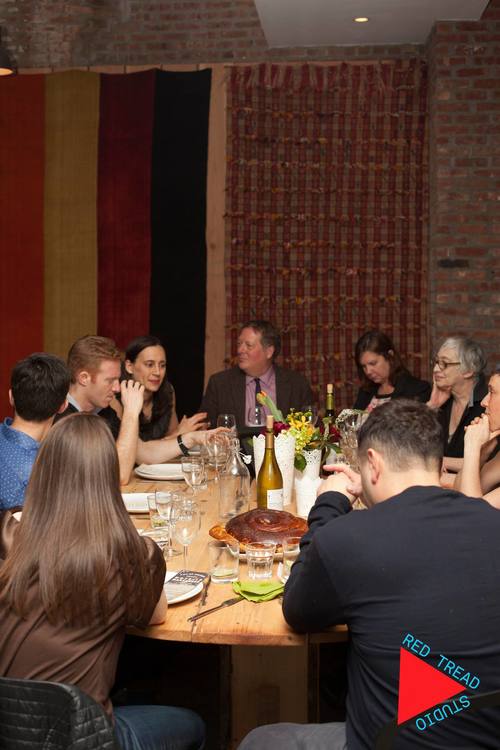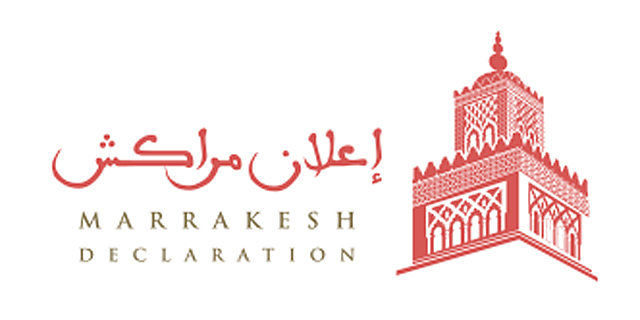
1.) The Brooklyn, NY, based Pop-up Shabbat is the latest in an ongoing trend of dinner-based congregations, but in this case the Jewish communal meal is not free and forms only one part of its operation. Building on the Silicon Valley business model of developing “engaged community, high quality content and commercial products,” Pop-Up Shabbat was started by Danya Cheskis-Gold, who sought to create an inclusive community outside traditional synagogues, denominations, or rabbis where participants did not feel obligated to commit theologically. Cheskis-Gold calls the gatherings “Jew-ish” in that they are not formally Jewish (with two of the co-founding team being non-Jews). Each gathering requires a ticket for admission, lasts 3–4 hours, and mixes socializing, music, and family-style dining with elements of the Shabbat tradition (including a blessing), usually in partnership with local food and beverage outlets. Alongside Pop-Up Shabbat, Cheskis-Gold publishes a community newsletter called “The Ish” and is working on a commercial offer to complete her strategy. (Source: Studying Congregations blog, March 28)
2.) The Marrakesh Declaration has been hailed as a breakthrough statement on Muslim support for religious freedom and condemnation of terrorism. Western and Arab Christians have lauded the declaration, signed by a group of Muslim scholars in Morocco this January, as a first step in moderate Islam addressing radicalization and discrimination against religious minorities. The declaration makes use of Islamic sources to condemn extremism, grounding its call in the Charter of Medina, Muhammad’s A.D. 622 agreement with Jews and Christians to live together and respect their religious rites. The declaration calls on politicians and clerics to reinforce the concept of citizenship and asks educators to address extremist messages in school curriculum. Both Christian and Muslim leaders agree that a mechanism for spreading the declaration’s message is crucial, particularly to imams and pastors who are the gateway to their communities. (Source: Christianity Today, April)